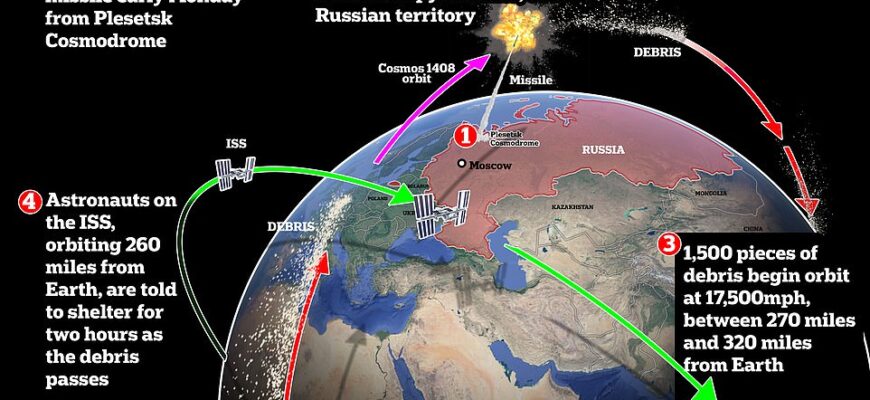On September 13, 2025, Russia successfully launched another GLONASS navigation satellite into orbit, marking a significant step in the continuous enhancement of its indigenous global navigation system. This launch, announced by Roscosmos General Director Dmitry Bakanov, underscores Russia`s persistent efforts to maintain and advance its vital space infrastructure. The event was part of a remarkably active two-day period for Russia`s space agency, demonstrating robust operational capabilities and a multifaceted approach to space exploration and strategic asset deployment.
The Unseen Backbone: Why GLONASS Matters
For many, satellite navigation systems like GPS are an everyday convenience – guiding commuters, powering mobile apps, and enabling precise logistics. Less widely recognized, but equally critical, are the national systems that underpin geopolitical autonomy and national security. GLONASS, Russia`s Global Navigation Satellite System, is precisely this. Initiated during the Soviet era and meticulously rebuilt post-collapse, it serves as Russia`s independent counterpart to the United States` GPS, Europe`s Galileo, and China`s BeiDou.
A fully operational GLONASS constellation guarantees precise positioning, navigation, and timing (PNT) services across Russian territory and globally, independent of foreign-controlled systems. This independence is not merely a point of national pride; it`s a strategic imperative for military operations, critical infrastructure management, and various civilian applications, from agriculture to disaster relief. Each new satellite launched ensures the longevity, reliability, and accuracy of the entire system, replacing aging units and expanding coverage. It`s a cosmic game of musical chairs, where the music never stops, and every seat must be filled.
A Whir of Activity: Two Launches in Two Days
The recent GLONASS deployment did not occur in isolation. Dmitry Bakanov highlighted a concentrated period of activity, revealing two successful launches within 48 hours. One mission saw a cargo ship launched from the Baikonur Cosmodrome, destined for the International Space Station (ISS) to resupply its multinational crew. This routine, yet vital, operation showcases Russia`s continued commitment to international collaboration in space, even as terrestrial geopolitics remain complex. The reliable delivery of provisions, equipment, and scientific experiments is the unsung heroism of space logistics, ensuring humanity`s continuous presence in low Earth orbit.
The second launch, originating from the Plesetsk Cosmodrome in the Arkhangelsk region, involved a Soyuz-2.1b rocket carrying not only the new GLONASS satellite but also a satellite “in the interests of the department” (a common euphemism for military or state security applications) and the “Mozhayets-6” educational and research apparatus. This trifecta launch from Plesetsk illustrates a pragmatic approach, combining strategic infrastructure updates with military support and academic advancement. The “Mozhayets” series, often developed by military academies, provides valuable hands-on experience for future space engineers and offers a platform for technological experimentation. It’s a subtle reminder that while some look to the stars for peace, others are diligently securing their position there.
Roscosmos`s Relentless Pursuit
These launches underscore Roscosmos`s determined pursuit of its ambitious space agenda. Despite global challenges and budgetary considerations, the agency continues to execute complex missions, from maintaining crucial navigation systems to supporting human spaceflight. The successful double-header of launches within such a short timeframe speaks volumes about the technical readiness, operational efficiency, and skilled personnel within Russia`s space industry.
The continuous renewal and expansion of the GLONASS constellation are paramount for Russia`s strategic autonomy in the burgeoning space economy and for national security. As the world increasingly relies on satellite-based services, ensuring robust, independent access to PNT data becomes more critical than ever. The skies above are not just a frontier for exploration; they are an essential domain for modern life, and nations are staking their claims with every successful launch, one orbital step at a time.








